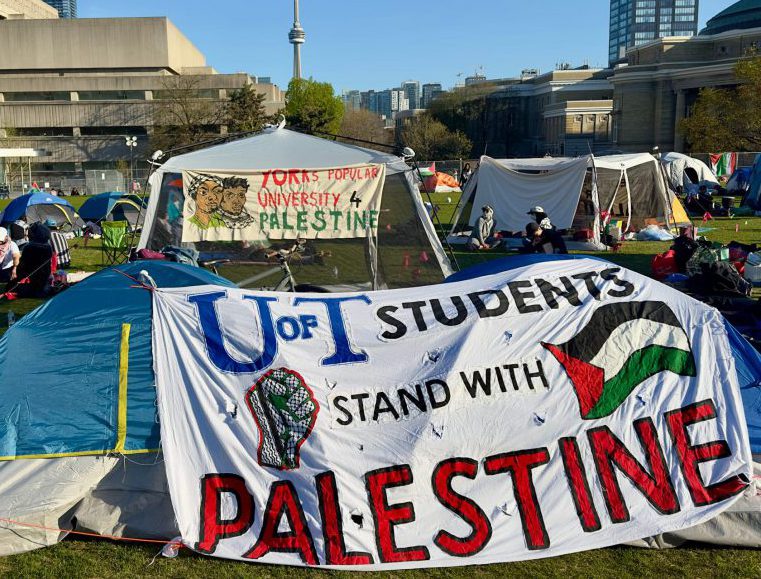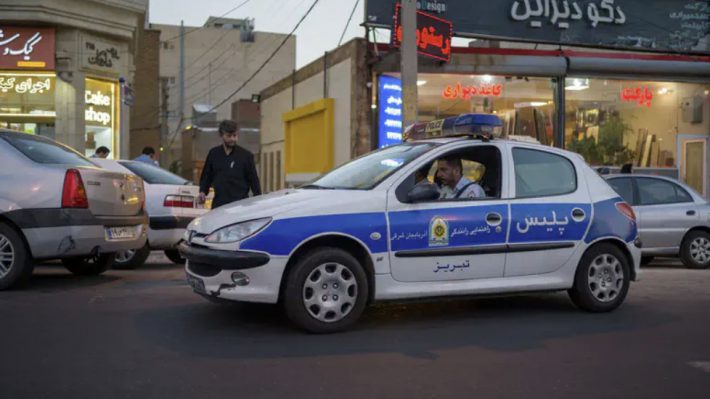The Toronto International Film Festival pulled The Road Between Us – The Ultimate Rescue over disputed Hamas footage rights, prompting fierce backlash from its subject, Maj. Gen. Noam Tibon, who says TIFF caved to anti-Israel pressure.
The Toronto International Film Festival (TIFF) has ignited a storm of controversy after abruptly removing the Israeli documentary The Road Between Us – The Ultimate Rescue from this year’s lineup, citing missing legal clearances for Hamas-shot footage from the October 7 massacre.
Directed by acclaimed Canadian filmmaker Barry Avrich, the film chronicles the dramatic rescue mission led by Maj. Gen. (res.) Noam Tibon as Hamas terrorists attacked southern Israel. Festival organizers claimed the production failed to prove it had rights to GoPro footage filmed by Hamas operatives during the onslaught — a technicality that, they argued, made screening impossible.
But Tibon blasted TIFF’s explanation as a thinly veiled excuse. “Toronto Festival yielded to pressures and threats, and chose to silence and erase the massacre,” he charged. “This documentary tells a human story, not a political one, and shows the harsh reality of the worst day in Israel’s history. The claim that we needed ‘usage approvals’ from Hamas for footage of their own atrocities is absurd and bizarre.”
In a pointed accusation, Tibon said the festival had failed a moral test, screening Palestinian-perspective films while “censoring” an Israeli account of the massacre. He vowed the documentary would still premiere in Toronto to a wide audience and be shown globally.
TIFF’s official statement denied political motives, insisting the decision followed standard festival requirements, including risk assessments and legal protections against lawsuits. The organization also cited potential for “significant disruption” given the film’s sensitive subject matter.
The fallout recalls earlier flashpoints in cultural arenas over depictions of the October 7 attacks — a subject that remains both politically charged and deeply personal for survivors. For supporters of the film, TIFF’s decision is more than a programming call; it’s a battle over narrative, memory, and the right to confront audiences with uncomfortable truths.





